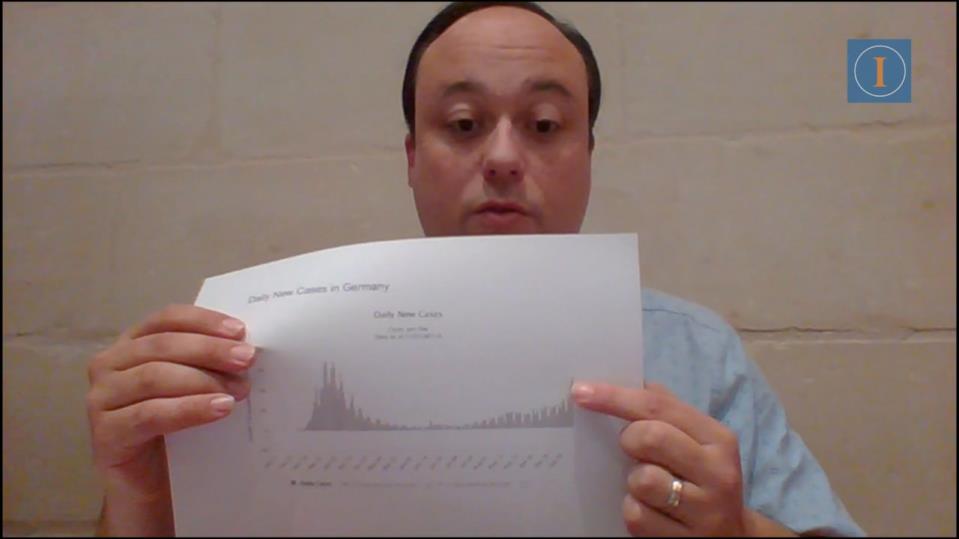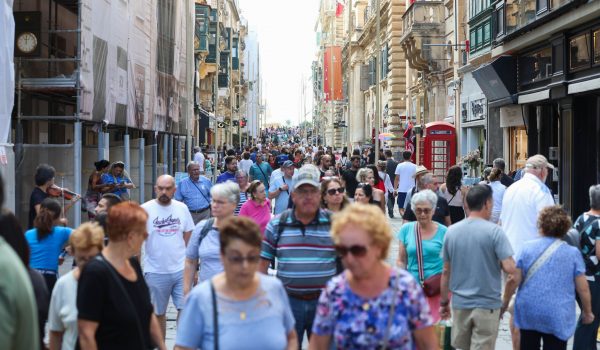
Malta’s Covid-19 reproduction number has once again risen above 1 in the past week, now standing at 1.18, statistician Vincent Marmara told The Malta Independent on Sunday in his exclusive weekly video blog on the Covid-19 situation in Malta.
The reproduction factor of the virus is one of the key figures which countries across the world have been trying to reduce ever since the Covid-19 pandemic began. The aim for countries has been to reduce the ratio to a level of 1 – which would mean that one person would transmit the virus to one other person.
The reproduction number is based on a variety of factors, such as the source of new cases – for instance, whether they are imported or whether they are part of particular clusters – and the amount of testing being carried out.
Marmara said that the pandemic has entered the third cycle of this phase of the pandemic, with the past week presenting itself as a third peak in the last seven to eight weeks.
Marmara’s analysis shows that after two weeks where the number of cases being reported had decreased, 442 new cases where reported over the course of the last week.
This is the highest number of weekly cases since the pandemic began, and is just over double the 210 cases reported in the week prior.
The number of positive cases when compared to the number of tests has also increased significantly, going from 1.3% of the tests done two weeks giving back positive results to 2.7% of the tests done last week returning positive results.
This is a figure which is higher than that three weeks ago, when it stood at 2.7%, and is the highest in this current cycle.
Considering all the data at hand, Marmara said that Malta’s reproduction factor has now gone from 0.85 last week to 1.18.
Looking further afield meanwhile, Marmara noted how there have been increases in the number of Covid-19 cases across most of Europe’s major countries.
France has continued to report very high numbers of cases every day, especially when compared to the first part of the pandemic.
Spain has seen its case numbers decrease, but there are situations in particular cities which remain alarming – the capital Madrid for instance is currently in a temporary preventive lockdown.
The number of cases in the United Kingdom meanwhile has increased significantly as well, while there have been increases in Italy and Germany too, where cases had been stable for a number of weeks and months.
Marmara noted that the situation comes at a time when influenza is also beginning to come into season, leaving a situation where there are two infections in circulation.
He said that it is important now more than ever to continue to observe social distancing and mask-wearing along with other recommendations.
“Our responsibility is all the more important together with the measures taken so that we can keep the rate of infection low”, he said.
Source: Malta Independent



